Beaver Help Desk Staff Team
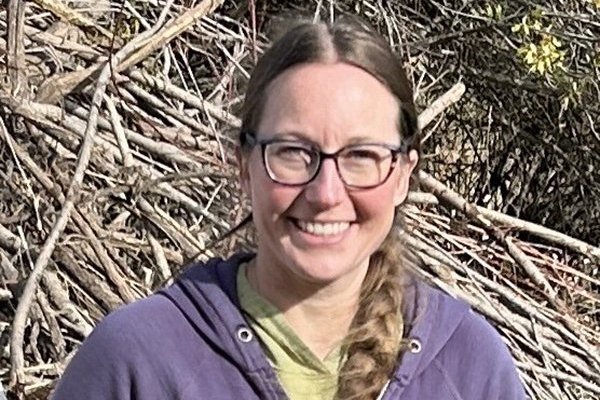
Elissa Chott
Elissa Chott is the Beaver Help Desk Manager at the Beaver Institute and the Beaver Conflict Resolution Team Lead for the National Wildlife Federation based in Missoula, Montana. For the past seven years, she has been working on a collaborative Beaver Conflict Resolution Program. Through this program, Elissa works to reduce human–beaver conflicts using non-lethal methods while building a greater tolerance for beaver on the landscape. Elissa holds an M.S. in Environmental Studies from the University of Montana, and she is a BeaverCorps Certified Beaver Coexistence Professional through the Beaver Institute.
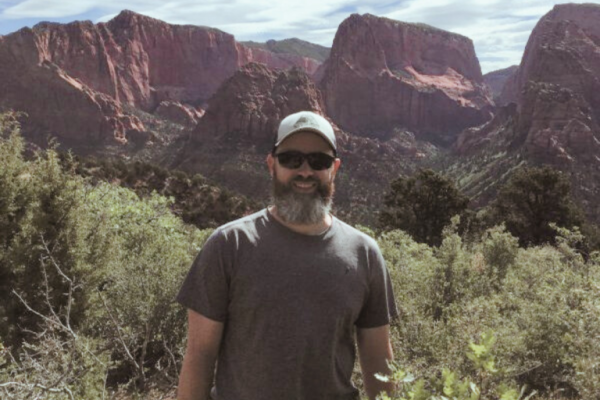
Dr. Aaron Hall
Aaron Hall, PhD, is the BeaverCorps Program Director at the Beaver Institute. His primary focus for the past decade has been working with beaver by leveraging their ecosystem engineering skills to create and enhance habitat for many at-risk species including freshwater fishes, amphibians and reptiles, shorebirds, aquatic insects and others. He is an aquatic biologist who works to protect species in aquatic and riparian habitats, finding scientifically sound and pragmatic solutions for the threats these species face. He holds a BS and an MS in Environmental Science from The Rochester Institute of Technology and a PhD in Ecology and Evolutionary Biology from The University of Toronto.
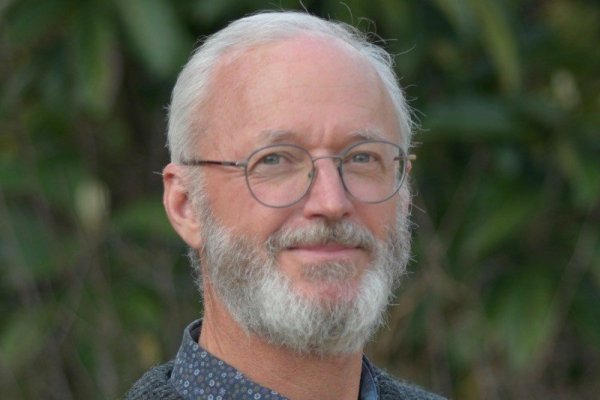
Grey Hayes, PHD
Grey Hayes, PhD, is the Beaver Coexistence Program Manager at Occidental Arts & Ecology Center’s WATER Institute. With the California Beaver Help Desk, his work will focus on connecting land managers with resources to successfully implement beaver coexistence techniques on their land. His past work includes improving forest and fuels management across California, publishing peer-reviewed papers about coastal prairie management, and collaborating with the Central Coast Rangelands Coalition to revitalize thousands of acres of coastal and inland grasslands across California. Grey is a member of the Switzer Environmental Fellowship Network, and he holds undergraduate and doctorate degrees in Environmental Studies from University of California Santa Cruz.
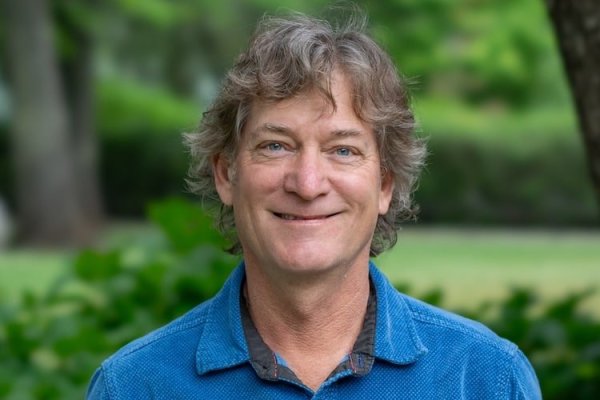
Brock Dolman
Brock Dolman co-directs the WATER Institute, Permaculture Design Program, and Wildlands Program at Occidental Arts and Ecology Center. He has taught permaculture and consulted on regenerative project design and implementation internationally and throughout the United States. For over a decade, he has served as an appointed commissioner on the Sonoma County Fish and Wildlife Commission. As a Co-Director on the Bring Back the Beaver Campaign, Brock collaborated with community members, agency partners, tribes, and land managers, bridging a broad spectrum of interests, to find strategic solutions that increase statewide water security. Brock completed his BA in the Biology and Environmental Studies departments at the University of California Santa Cruz in 1992, graduating with honors.
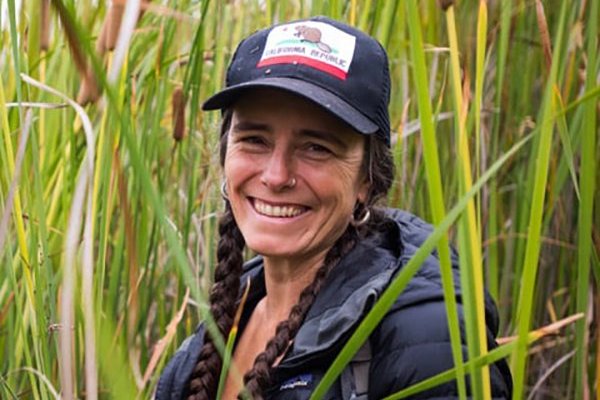
Kate Lundquist
Kate Lundquist co-directs the Occidental Arts & Ecology Center’s WATER Institute and the Bring Back the Beaver Campaign. Since 2005, Kate has collaborated with landowners, communities, tribes, conservation organizations and resource agencies across the arid West to uncover obstacles and identify strategic solutions to conserve watersheds, recover listed species, increase water security, and build resilience to drought and wildfires. Kate is a co-founder and member of the California Beaver Policy Working Group and the California Process Based Restoration Network and serves as a member of the Beaver Institute’s advisory board.
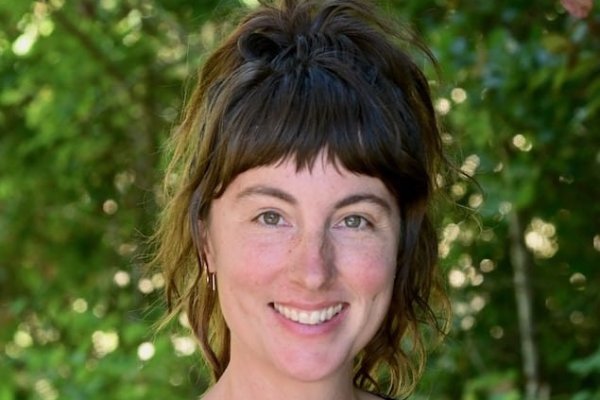
Renée Rhodes
Renée Rhodes is the Associate Director of Development and Communications with the WATER Institute at Occidental Arts & Ecology Center. She is a communications professional, environmental storyteller, and nonprofit program manager who has worked on media-rich storytelling about process-based restoration in Sierran meadows, environmental justice initiatives in urban wetlands, and regenerative farming culture in the United States. She holds certificates in Compost and Garden Education and Ecosystem Restoration Design, alongside hands-on experience with regenerative farming, meadow restoration, and good fire. For the California Beaver Help Desk, she collaborates on communications, outreach, and program support.
Partner Organization Profiles
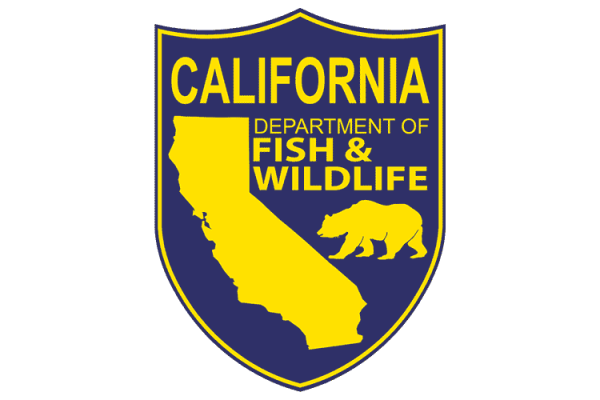
California Department of Fish and Wildlife
California Department of Fish and Wildlife (CDFW) manages California’s diverse fish, wildlife, and plant resources, and the habitats upon which they depend, for their ecological values and for their use and enjoyment by the public.
CDFW is the California Beaver Help Desk’s funding partner through their Nature Based Solutions: Wetlands and Mountain Meadows Grant Program. This is an initiative of the state of California that prioritizes projects consistent with the Natural and Working Lands Climate Smart Strategy and Pathways to 30×30 that provide co-benefits and that restore or enhance wetlands and watershed ecosystems. Additionally, this grant program funds projects, like the California Beaver Help Desk, that support CDFW’s beaver restoration objectives, in coordination with CDFW’s Statewide Beaver Restoration Program and Human–Wildlife Conflict Office, which includes providing non-lethal alternatives and promoting beaver coexistence.
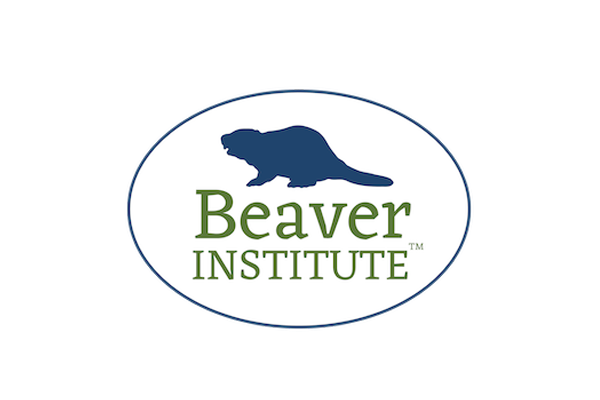
The Beaver Institute
The Beaver Institute is a catalyst for advancing beaver management and watershed restoration, training mitigation professionals, supporting scientific research, and increasing the public’s appreciation of the beaver’s critical role in creating climate resilient ecosystems. Their goal is to resolve all human–beaver conflicts in a science-based manner in order to maximize the many benefits that beavers contribute to the environment.
As a part of the California Beaver Help Desk team, the Beaver Institute leads all online BeaverCorps trainings, ushering in the next cohort of Certified Beaver Coexistence Professionals. For a limited time, these trainings are offered free of charge to those looking to become a Certified Beaver Coexistence Professional practicing in California. Additionally, the Beaver Institute co-hosts in-person trainings and online webinars to ensure that agencies, nonprofits, restoration professionals, tribes, and other networks are empowered with the knowledge and skills they need to bring beaver coexistence into their communities, organizations, and regions.
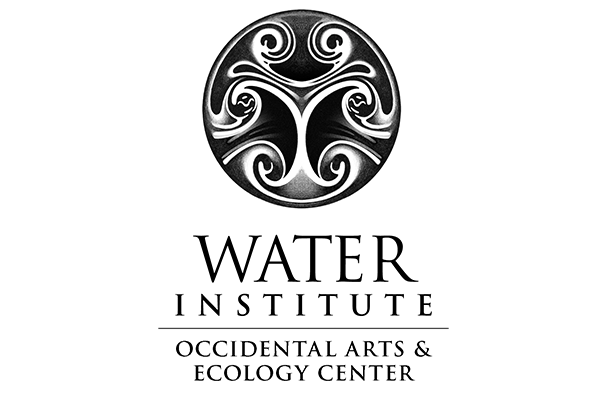
The WATER Institute at Occidental Arts & Ecology Center
The WATER Institute (Watershed Advocacy, Training, Education, & Research) promotes understanding of the importance of healthy watersheds to healthy communities. Through demonstration, education, watershed community organizing, and advocacy leadership, the WATER Institute empowers community-based watershed literacy and action.
The WATER Institute created and manages the California Beaver Help Desk’s financial and technical assistance programs and post-project monitoring requirements. These programs ensure easy access to resources and participant reimbursements for non-lethal coexistence installations. WATER Institute staff co-host online webinars and in-person trainings. In addition to connecting interested land managers with technical and financial assistance, the WATER Institute develops educational materials and conducts outreach to raise awareness about the Beaver Help Desk and the broader California Beaver Coexistence Training and Support Program.
